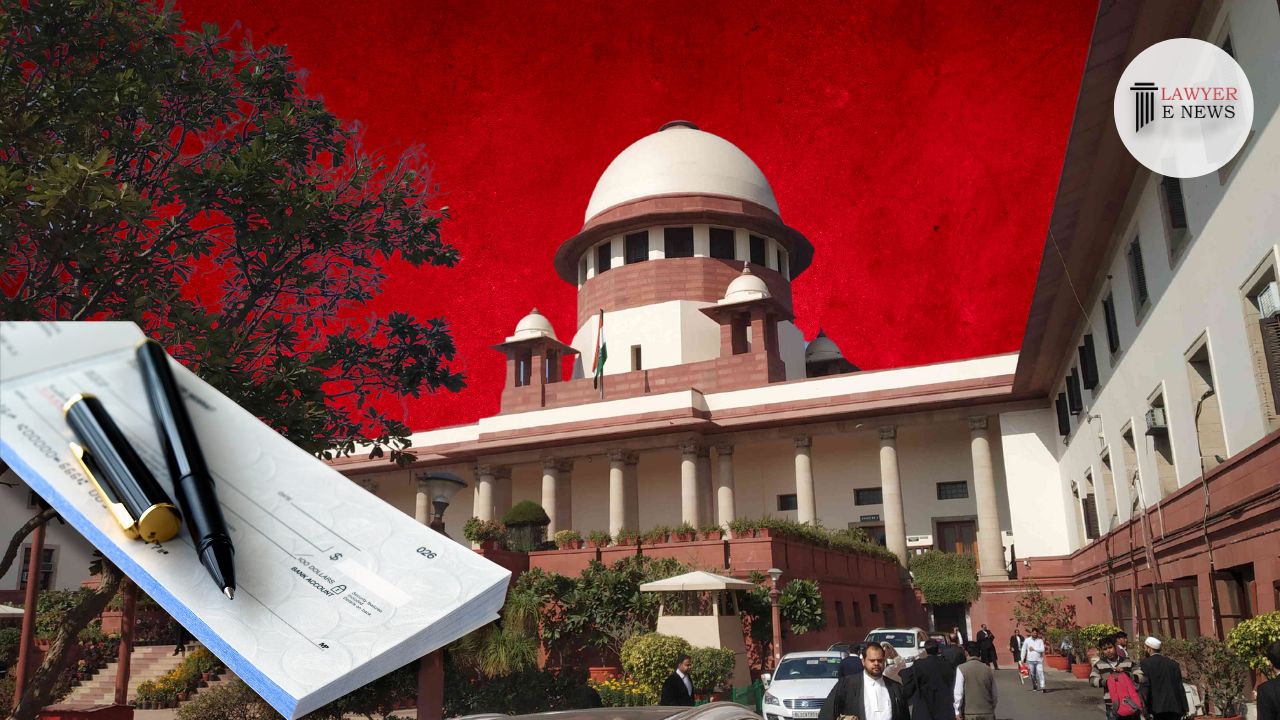-
by Admin
18 February 2026 1:48 AM



In the judgment, Justice Abhay S. Oka noted, "Extra-judicial confessions, while admissible, are inherently weak pieces of evidence. The reliability of such confessions hinges on factors such as voluntariness, truthfulness, and the relationship between the confessor and the recipient of the confession." The Court expressed doubt about the appellant's confession, which was made to a complete stranger more than two months after the incident. The justices questioned the credibility of such a confession under these circumstances.
Supreme Court of India delivered a landmark judgment, acquitting an appellant who had been convicted under Sections 302 and 201 of the Indian Penal Code (IPC). The judgment, authored by Justice Abhay S. Oka and Justice Sanjay Karol, highlighted the importance of legal evidence and the burden of proof beyond reasonable doubt.
The case centered around the appellant's alleged involvement in the murder of his wife, for which he had been sentenced to life imprisonment. The prosecution's case rested primarily on an extra-judicial confession, the recovery of the victim's body, and an alleged weapon. However, the Court found serious discrepancies in the evidence presented.
Furthermore, the Court examined the recovery of the victim's body and the alleged weapon, pointing to inconsistencies in the witnesses' testimonies and the accessibility of the burial site to multiple individuals. The Court also highlighted the lack of corroboration for the "last seen together" theory, a critical aspect of the prosecution's case.
"The principle of proving guilt beyond a reasonable doubt is fundamental to our legal system," Justice Sanjay Karol remarked. "In this case, we find serious doubts about the authenticity of the prosecution's evidence. The prosecution failed to establish guilt beyond a reasonable doubt."
Supreme Court allowed the appeal and set aside the lower court judgments, acquitting the appellant of all charges. The Court canceled the appellant's bail bonds as the appellant was already on bail.
Date of Decision: August 18, 2023
Moorthy vs State of Tamil Nadu
